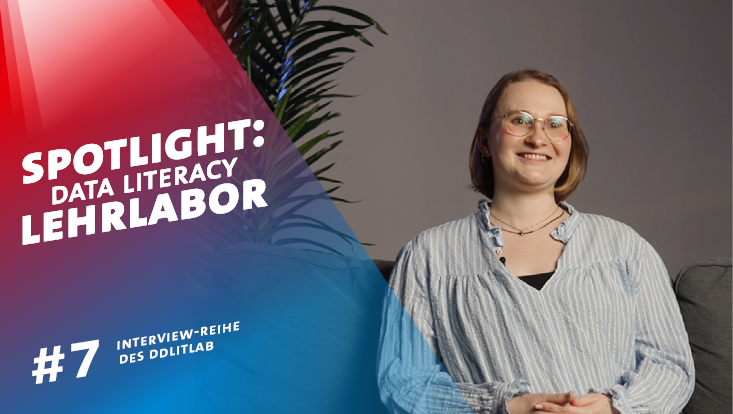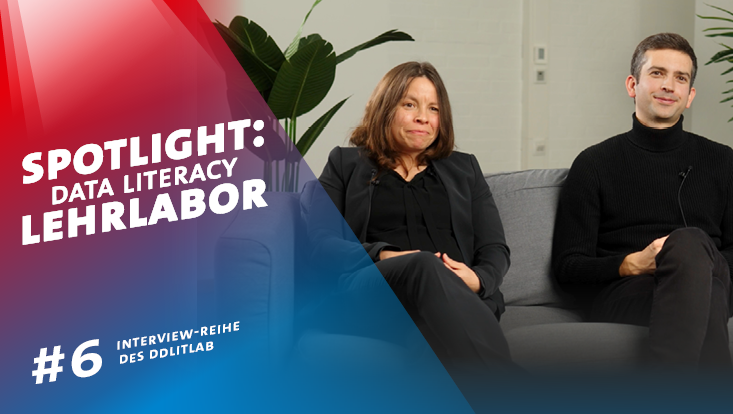Make-up or demo? How to get to grips with large volumes of text in queer linguistics and supplement them with in-depth analyses
9 April 2025
What does it actually do to us when we read a text about Christopher Street Day that begins with the word ‘make-up’ - and what if it talks about a demo instead? And why are there actually more reports about supposedly gay penguins, but fewer about lesbian ones?
Queer linguistics asks itself these and other questions and uses analyses of large collections of texts, i.e. corpora, to investigate which words relating to gender and sexuality occur frequently in which contexts - or are omitted - and supplements this with qualitative access to the data.
Make-up or demo? How to get to grips with large volumes of text in queer linguistics
Spotlight: Data Literacy Teaching Lab
In our series "Spotlight: Data Literacy Teaching Lab", we talk to lecturers who have received funding for their teaching projects from the Digital and Data Literacy in Teaching Lab (DDLitLab for short) at the University of Hamburg.
What were the innovative ideas of the projects? What were the particular didactic and content-related challenges, and the highlights?
And are there perhaps specific tips for other teachers who would also like to set up a new teaching project and are looking for experience reports?
We will clarify this and more in our look at and behind the scenes. Spotlight on!



